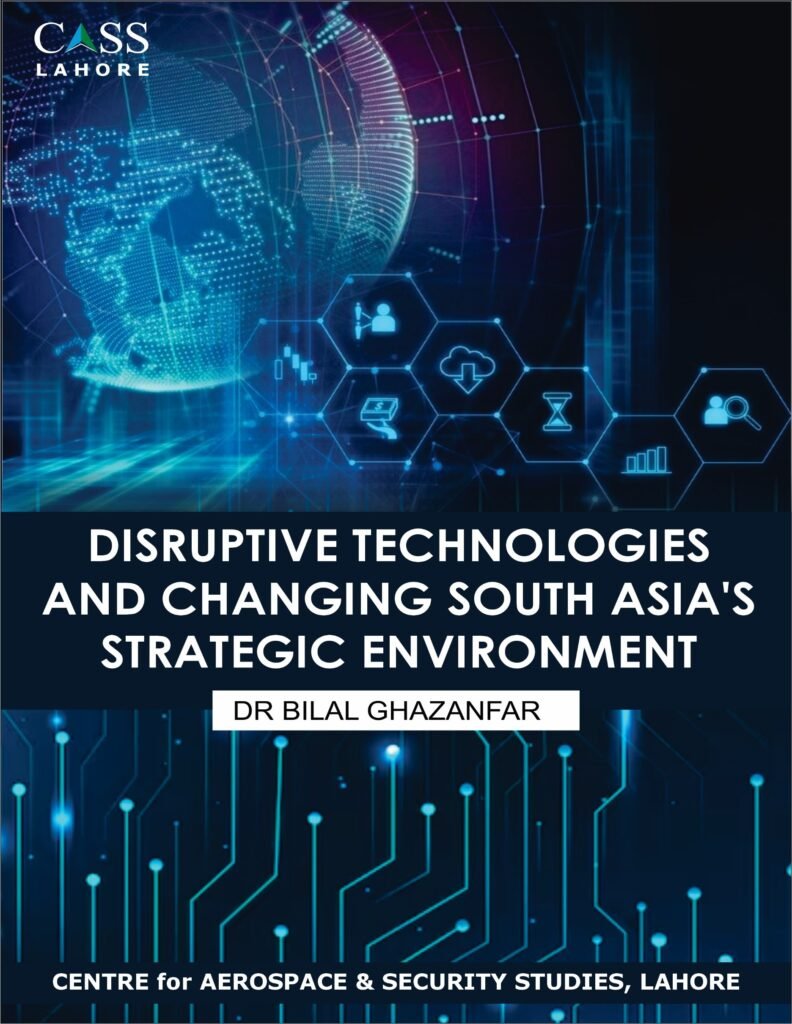DISRUPTIVE TECHNOLOGIES AND CHANGING SOUTH ASIA’S STRATEGIC ENVIRONMENT

ABSTRACT
Disruptive technologies are adding complexities to an already tense strategic environment between India and Pakistan. Apart from blurring the lines between kinetic and non-kinetic warfare, these technologies thicken the fog of war, induce decisional dilemmas, incentivise escalatory behaviour and lower the threshold for conflict. While the impact of these technologies on stability depends on how they are used and managed, in South Asia’s context, the key concern is that asymmetric access to these technologies between both countries could lead to an arms race and erosion of deterrence. In line with this view, this paper explores the plausible scenarios that could emerge due to technological imbalance and emphasises the need to establish risk reduction norms and confidence-building measures to mitigate the spectres associated with disruptive technologies for strategic stability. The paper also offers policy recommendations aimed at augmenting Pakistan’s capacity to counter emerging challenges associated with the application of disruptive technologies in South Asia’s strategic architecture.

Bilal Ghazanfar
CASS LAhore

The Centre for Aerospace & Security Studies (CASS) was established in July 2021 to inform policymakers and the public about issues related to aerospace and security from an independent, non-partisan and future-centric analytical lens.


